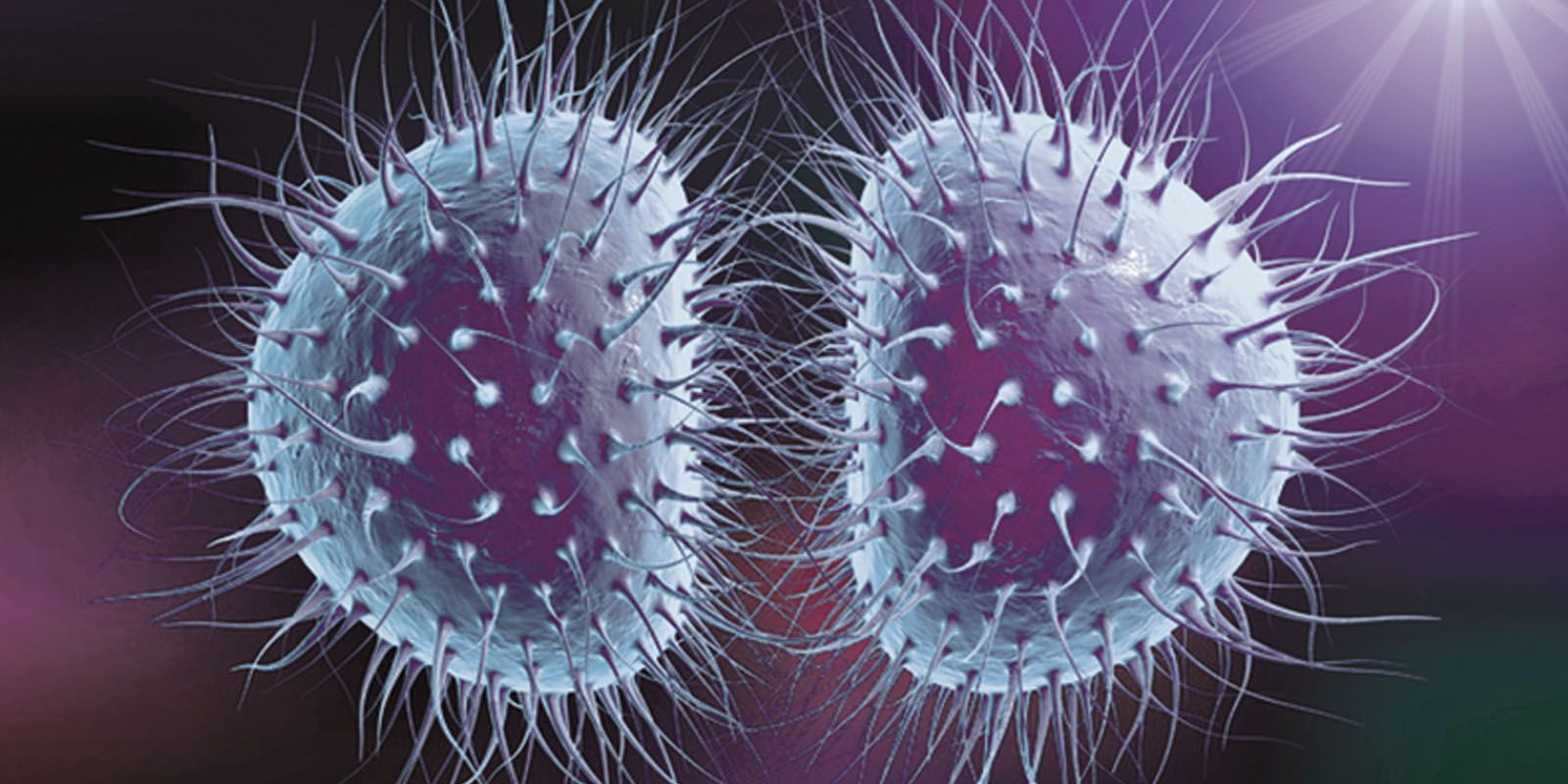
Gonorrhoea
What is gonorrhoea?
Gonorrhoea is a sexually transmissible infection (STI) caused by a bacterium called neisseria gonorrhoeae. It can infect the urethra, throat, cervix, anus, and (rarely) the eyes.
How do you catch gonorrhoea?
You can catch gonorrhoea through oral, vaginal, or anal sex.
What are the symptoms?
Symptoms will depend on where the infection is.
- Up to 80% of people with a vaginal infection will have no symptoms at all.
- In people with an infection in the penis, most will have symptoms, only about 10-15% will not have symptoms.
- Symptoms are rare with a throat or anal infection.
When symptoms are present, they can include:
- Thick, yellow, or white discharge from the penis
- Redness around the opening of the penis
- Pain or discomfort passing urine
- Anal discharge and discomfort
- Irregular vaginal bleeding (between periods or after sex)
- Pelvic pain in people with a vagina, especially during sex
- Unusual vaginal discharge
- Eye symptoms include pain, redness, and discharge
If gonorrhoea is untreated in people with a vagina it can cause Pelvic Inflammatory Disease (PID) which is infection of the uterus and fallopian tubes. PID may lead to infertility and chronic pelvic pain.
How long after I have been infected can symptoms develop?
- Most symptoms of a penile infection develop within 1-3 days. • If anyone with a vaginal infection does develop symptoms, it usually happens within 10 days.
How can I test for gonorrhoea?
Gonorrhoea can be tested for very easily:
- For people with a penis, this is a simple urine test.
- For people with a vagina, this is a self-collected vaginal swab.
- You may need a self-collected swab from the anus if you have had anal sex.
- Sometimes a swab may also be taken from the throat.
- If you have symptoms, you will need an examination and a swab taken from the penis, cervix, or anus.
Gonorrhoea can occur with other STIs such as chlamydia, and tests for these can also be done at the same time.
When should I have a test for gonorrhoea?
You should have a test for gonorrhoea if:
- You have ever had unprotected sex
- You have had a new sexual partner since your last test
- You have a sexual partner who has been diagnosed with gonorrhoea or another STI
- Your sexual partner has had sex with a person who could be infected with gonorrhoea
- You have been diagnosed with another STI
- You have any signs or symptoms of gonorrhoea (see above)
How is gonorrhoea treated?
Gonorrhoea is treated with antibiotics. This is usually an injection of an antibiotic called ceftriaxone, and an oral antibiotic called azithromycin. You will need to avoid sex entirely for 7 days after treatment.
You also need to avoid sex with a partner for 7 days after they have been treated, so that you are not re-infected.
The doctor will ask you to have another test 2 weeks after treatment to make sure the infection has cleared up. It is also a good idea to have another test 3 months later to make sure you have not been re-infected.
There is some evidence that gonorrhoea may be developing resistance to the antibiotics commonly used to treat it. This makes preventing infection and having regular sexual health checks even more important.
Should I tell my sexual partners?
Yes, it is essential to tell your sexual partner/s from the last 2 months that you have tested positive for gonorrhoea so that they can be tested and treated. This includes anyone that you have had oral, vaginal, or anal sex with, even if you used a condom, as well as anyone you have had any genital-to-genital contact with. There are several ways to let partners know: this is usually best done directly, in person, with a phone call, or with a text message.
There are also websites that you can use to send an anonymous email or text message such as Let Them Know (for anyone) or The Drama Downunder (for gay men or men who have sex with men).
Your doctor or nurse can give you more information and assist you with this.
How can I avoid catching gonorrhoea?
There are several ways to greatly reduce your risk of catching gonorrhoea:
- Using condoms or dams every time you have vaginal, anal, or oral sex is the best way to prevent gonorrhoea. (If you meet partners online or at sex on premises venues the risk of infection is higher, so it is even more important to make sure you always use a condom).
- Having a regular sexual health check.
- Making sure that any new partners have had a recent sexual health check.
Where to go for info and testing
Sexual Health & Family Planning ACT
- Level,1 28 University Avenue Canberra ACT
- 02 6247 3077
- shfpact.org.au
• Canberra Sexual Health Centre
- Canberra Hospital
- Building 8, Level 4, Garran ACT
- 02 6244 2184
- canberrahealthservices.act.gov.au
• Your GP or local Health Centre
FOR OTHER HEALTH SERVICES AND INFORMATION This email address is being protected from spambots. You need JavaScript enabled to view it. OR CALL 02 6247 3077
References
- Created on .
- Last updated on .